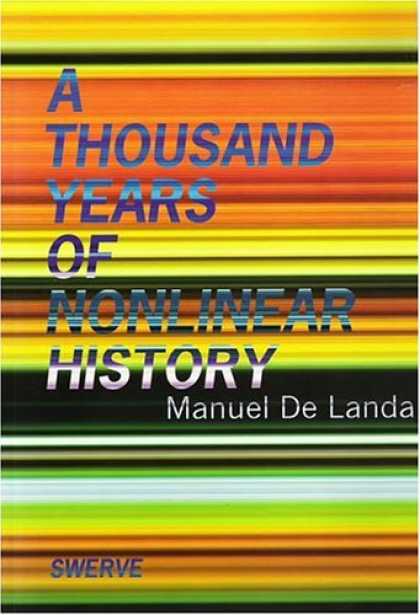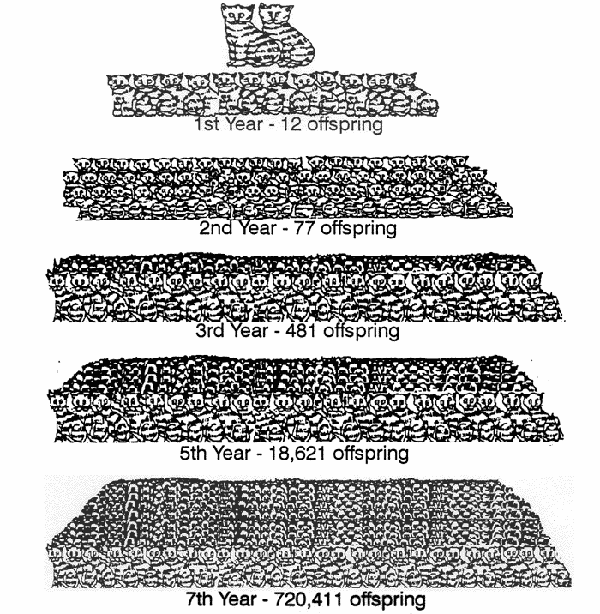
Finished this today. I started it a few years back and put it down; the introduction seemed a bit impenetrable. Then, last year, as I was driving through Yosemite park, I thought of the trees as temporary spikes in the surface of the earth. I felt my environment as process. I blamed this book. I started it up again about two weeks ago. It’s a beautiful synthesis of thought; philosophical in the sense that this book is a unique engagement with the world that is often contagious, often revealing. Manuel De Landa presents the last thousand years through three lenses: biological history, geological history, and linguistic history. I found the first two the most interesting. The interplay of gene flows, biomass, disease, and the changing infrastructural landscape of civilization is fun to watch. These are complex processes, and this book makes you feel as if you can suss out the true influences in major movement. To me, this is the most honest, wide-eyed & ecologically sensitive concept of history that I’ve read. Humans aren’t the heroes: self-organizing flows of energy are. We are just mineralizations, temporary coagulations. From one clot to another: read this.
18 Comments
February 18th, 2011 / 12:09 am
“Will you please write just one great book instead of a bunch of good ones, please?”

I read that on Twitter about an hour ago, from Giancarlo. I’ve been wanting to write down or through some thinking about an ecology of art for awhile. Ecology may be the right word, economy may be the right word. I’m wary of economy. I hate economics and finance, although I find myself morbidly curious about it all.
I’m increasingly convinced that living in megaindustrialized/meganetworked environments is not good, for the most part. Abuses of power are rampant and easy to hide behind layers and layers of abstracted steps up or down the supply chain. I’m thinking about: the bloody production of electronics, the bailout of gambling houses/i.e. banks and investment firms, the Gulf oil spill, the Iraq & Afghanistan wars. As much as I’d like to dodge particularizing the general and vice versa, these destructive events seem to stem from the mishandling of resources. Companies like Apple, Dell, Sony and Samsung don’t want to pay suppliers and manufacturers more to make sure their materials come from mines that aren’t run by violent criminals; they point their finger at the next abstract layer in the supply chain and say ‘We’re trying, but it’s really their responsibility.’ It’s easy to use your publicly trusted persona to direct attention/blame elsewhere. BP avoided building and maintaining a safe structure. They saved money in the short term, then the rig blew up. People died. We know the rest. I don’t claim to know much, but I bet that building hospitals and schools and roads in Iraq and Afghanistan would be more effective against future violence than what’s happening there now. It may not guarantee an easy extraction point for oil and lithium, though. READ MORE >
Craft Notes / 79 Comments
January 12th, 2011 / 9:06 pm



